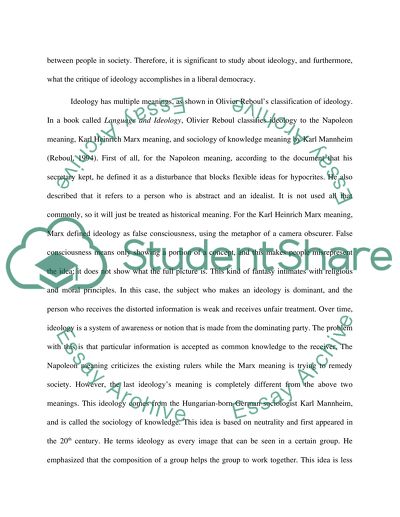Cite this document
(“In media studies, the critique of ideology is deployed to analyze Essay”, n.d.)
Retrieved from https://studentshare.org/other/1425446-in-media-studies-the-critique-of-ideology-is
Retrieved from https://studentshare.org/other/1425446-in-media-studies-the-critique-of-ideology-is
(In Media Studies, the Critique of Ideology Is Deployed to Analyze Essay)
https://studentshare.org/other/1425446-in-media-studies-the-critique-of-ideology-is.
https://studentshare.org/other/1425446-in-media-studies-the-critique-of-ideology-is.
“In Media Studies, the Critique of Ideology Is Deployed to Analyze Essay”, n.d. https://studentshare.org/other/1425446-in-media-studies-the-critique-of-ideology-is.


